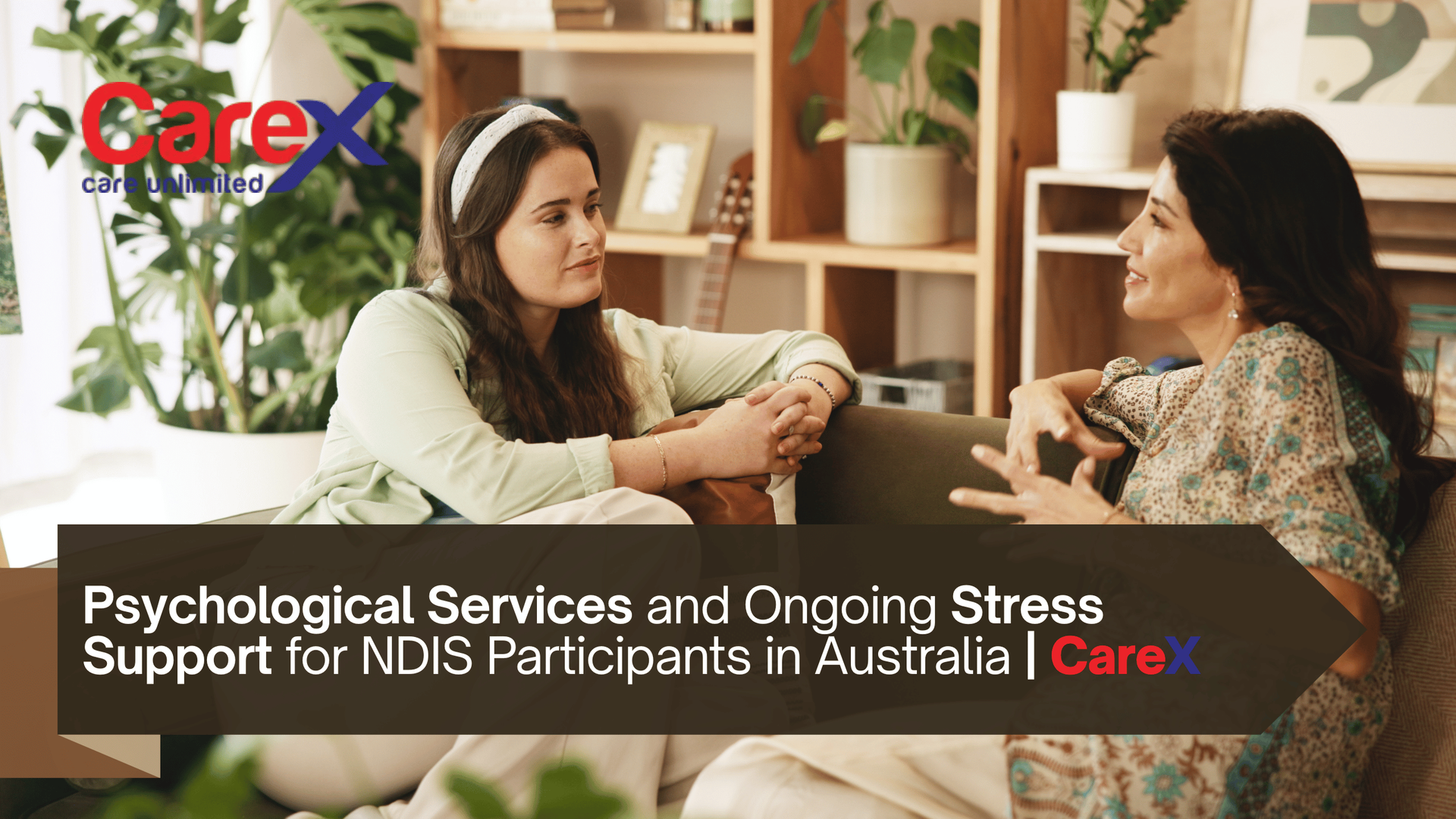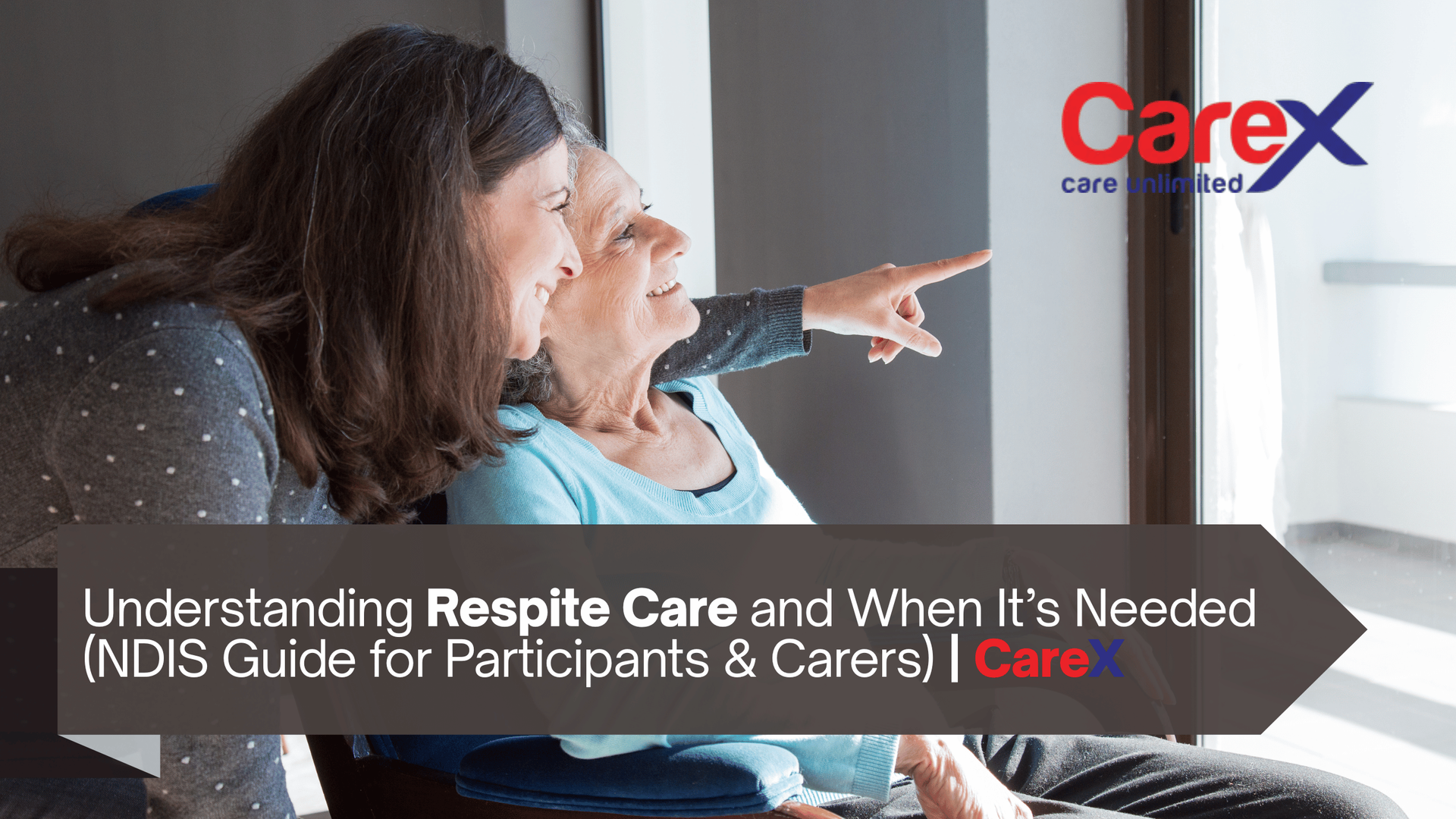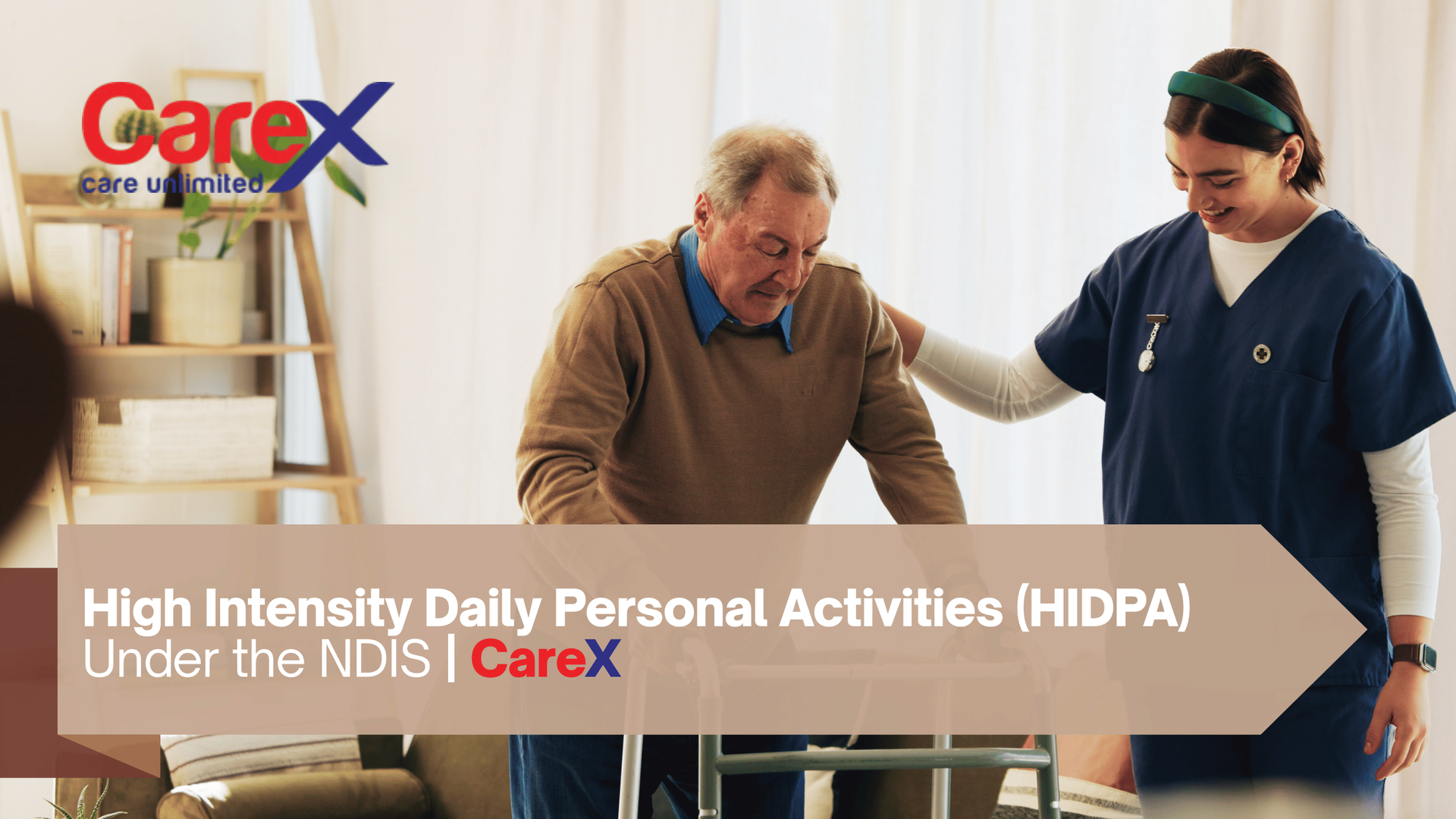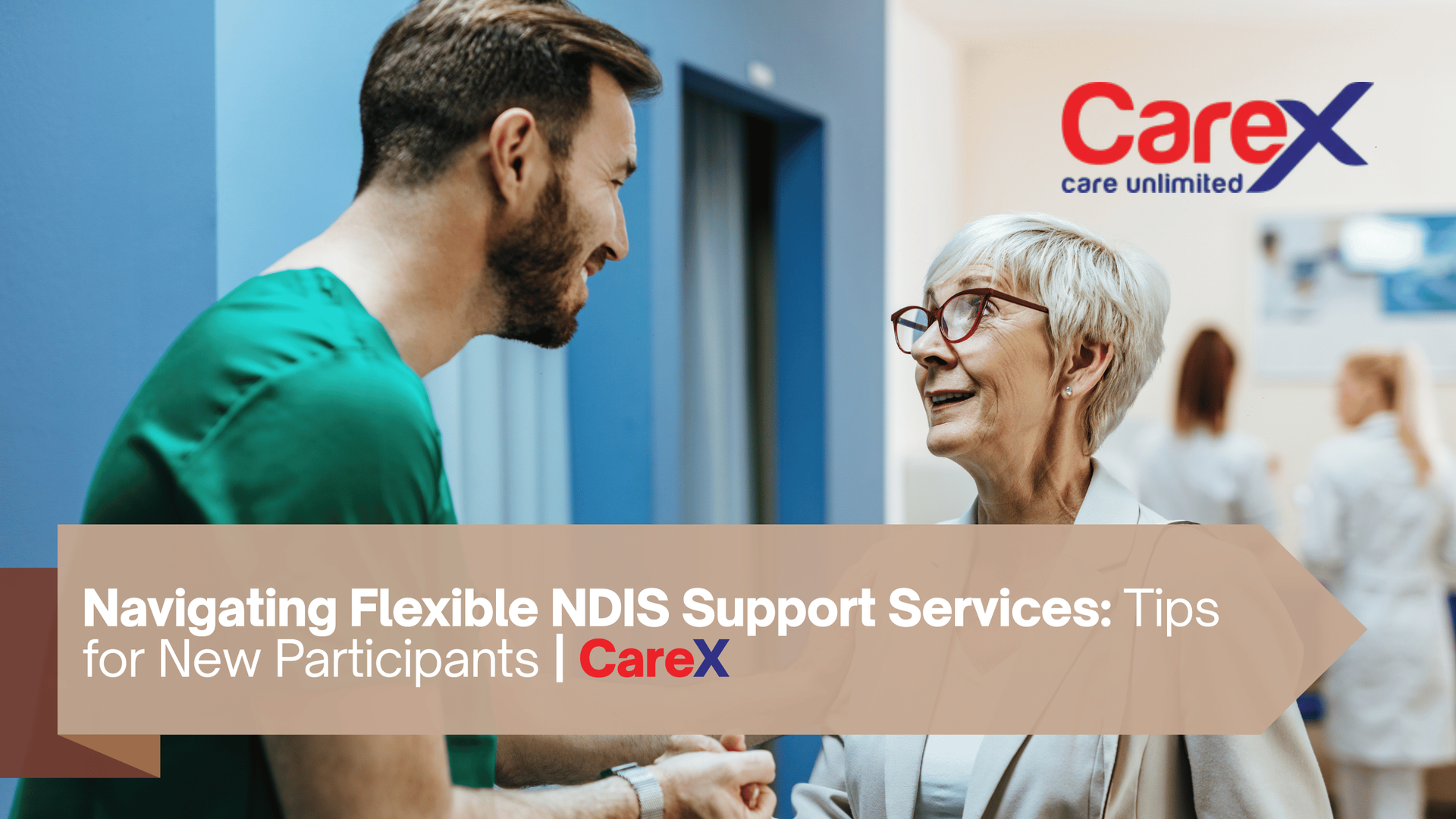BLOG
Community Nursing Services: Expert Care in the Comfort of Your Home

When searching for "nursing services," you'll find many options, from hospital-based care to aged care facilities. However, for many, the ideal solution involves receiving professional, compassionate support without leaving the familiarity and comfort of their own home. This is where community nursing services play a vital role.
This blog post aims to clarify community nursing care, who benefits, and why it's an increasingly preferred choice for comprehensive health support outside traditional clinical settings. We'll delve into the specific types of nursing care available and how accessing these services can significantly enhance well-being and independence.
What Exactly Are Community Nursing Services?
Unlike acute care received in a hospital, community nursing services are delivered by qualified nurses (such as Registered Nurses and Enrolled Nurses) directly in a person's home or within a local community setting. The focus is on providing ongoing health support, managing chronic conditions, assisting with recovery after hospital stays, and offering palliative care, among other essential medical tasks. It's about bringing expert nursing care to where it's needed most, supporting individuals to maintain their health and quality of life within their environment.
Who Can Benefit from Community Nursing Care?
A diverse group of people can benefit immensely from professional nursing services delivered in the community. This often includes:
- Seniors: Requiring assistance with medication management, wound care, chronic disease monitoring (like diabetes or heart conditions), or post-hospital recovery.
- Individuals with Disabilities: Needing specialised nursing support as part of their care plan.
- People Recovering from Surgery or Illness: Requiring clinical support, such as wound dressing, pain management, or monitoring of vital signs during their recovery period at home.
- Individuals with Chronic Health Conditions: Needing regular monitoring, education on managing their condition, and coordination of care.
- Those Requiring Palliative Care: Seeking compassionate and skilled nursing support to manage symptoms and enhance comfort at the end of life, surrounded by loved ones.
Key Services Provided by Community Nurses
The scope of community nursing care is broad and can be tailored to individual needs. Typical nursing services offered include:
- Wound Care Management: Expert assessment, cleaning, and dressing of wounds to promote healing and prevent infection.
- Medication Management and Administration: Ensuring medications are taken correctly and on schedule, including injections and complex medication regimens.
- Chronic Disease Monitoring: Regular checks of vital signs, blood sugar levels, and other indicators for conditions like diabetes, COPD, or hypertension.
- Continence Management: Assessment, advice, and support for continence issues.
- Palliative Care Support: Providing comfort, symptom management, and emotional support for individuals and families facing a life-limiting illness.
- Post-Hospital Care: Transitioning smoothly from hospital to home with necessary clinical support to prevent readmission.
- Health Education: Empowering individuals and families with knowledge about their health conditions and care needs.
- Assisting with Mobility and Transfers: Where nursing expertise is required to safely move individuals with complex needs.
The Benefits of Choosing Community Nursing Services
Opting for nursing care at home offers significant advantages over institutional care for many people. These include:
- Comfort and Familiarity: Receiving care in one's environment reduces stress and promotes a sense of well-being.
- Increased Independence: Community nursing services support individuals to live as independently as possible for longer.
- Personalised Care: Care plans are tailored specifically to the individual's unique health needs and goals.
- Reduced Risk of Hospitalisation: Proactive monitoring and management of conditions can help prevent health crises.
- Family Involvement: Makes it easier for family members to be involved in the care process.
- Faster Recovery: Being in a familiar setting can often contribute to a quicker and more comfortable recovery period.
Choosing the Right Community Nursing Provider
When seeking nursing services for yourself or a loved one, it's crucial to choose a reputable and reliable provider. Look for:
- Qualified and experienced Registered Nurses (RNs) and Enrolled Nurses (ENs).
- Proper accreditation and compliance with relevant health standards.
- A provider who offers personalised care plans and clear communication.
- Positive testimonials or reviews.
- A clear process for assessment and service delivery.
Accessing Community Nursing Services
Accessing professional nursing services in your community typically begins with an assessment of your needs. This can often be initiated through a referral from your doctor, hospital discharge planner, or by contacting a community nursing provider directly.
Investing in community nursing services means investing in quality care, independence, and peace of mind, all delivered in the place you feel most comfortable.








